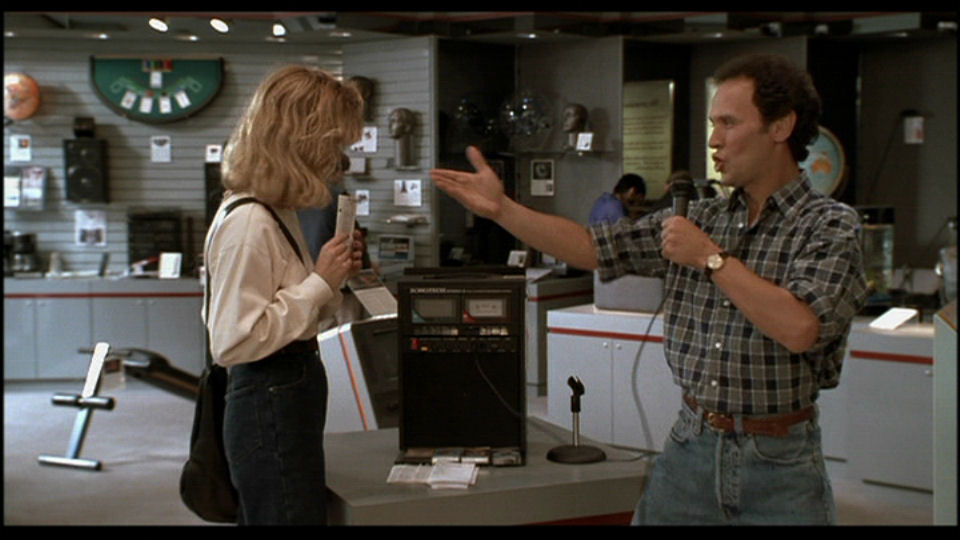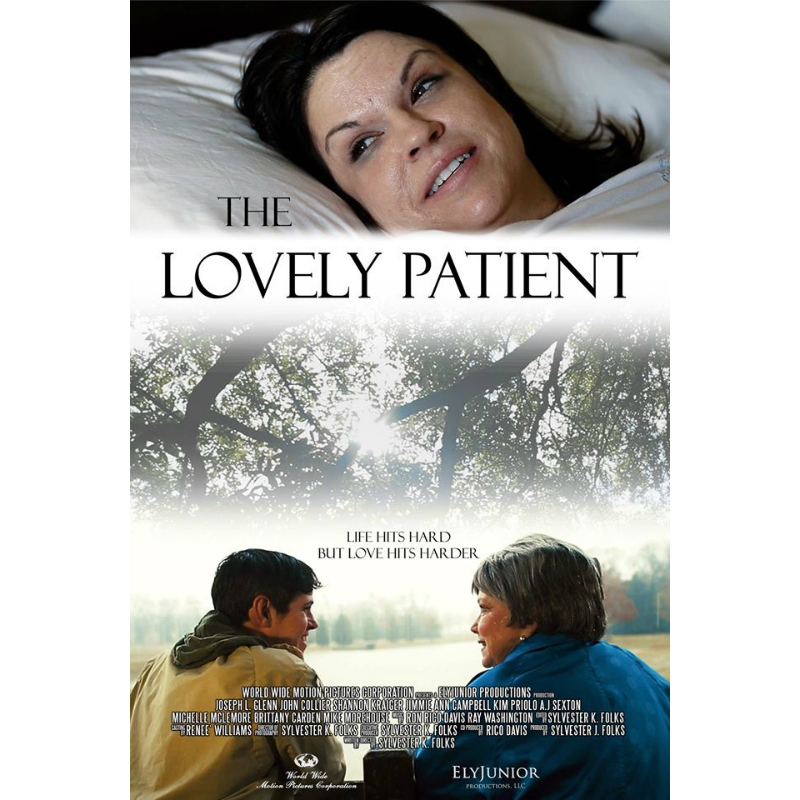
Two stories, one fictitious and one actual, link together through Australian actress Rachel Griffiths to speak of a single message on behalf of the most treasured inhabitants of our society: our children.
The memory of voiceless, innocent children take a part of Griffiths’s real-life history. The recent arson and destruction of St. James Church in Brighton brought about memories of times when Griffiths attended this church - memories darkened by the church’s history of sexual abuse. During the 1970’s and 80s, Father Ronald Pickering abused young boys as he served as priest at St. James. The psychological trauma inflicted on several of these boys ended in tragic suicides.
"We've all attended many funerals of boys that we now know were abused by [Father Ronald] Pickering ... and other perpetrators in the parish - at the actual church that it occurred in,” former parishioner Griffiths told 774 ABC Melbourne.
Griffiths further commented on the struggle it had been to rebuild a community around the church after revelations of the many sexual abuses that were made. Such revelations of the corruption of innocence within the walls of St. James were only heard after voices were given to the voiceless, and when the children’s trials were finally understood. The sad stories of St. James Church and the victims who fell through the cracks of our protection meld with the story of the film Amy, starring Rachel Griffiths, to tell us that a child’s silence is never really sound-proof. It takes only a moment’s worth of listening to hear a voice sing.
Amy (1997) is a film about the struggles of a silent 8-year-old girl and her mother Tanya (Griffiths). The little girl named Amy does not speak for mysterious reasons discovered as the film’s storyline progresses. Her silence, a trait so uncharacteristic of the nature we know children to have, is revealed to actually be a cry for help. Amy depicts an often helpless Tanya finding a voice for her child.













